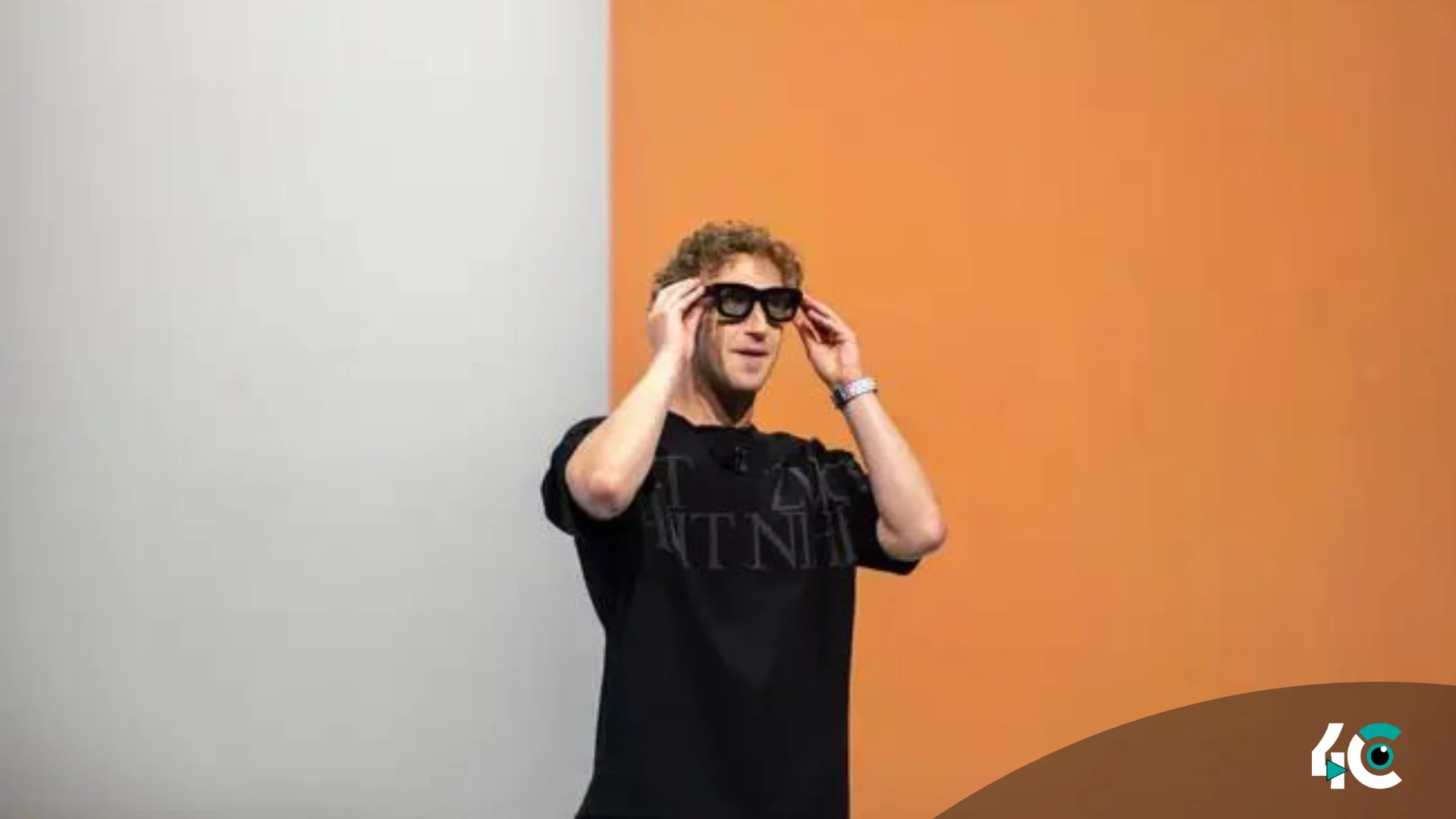At the Meta Connect event, Meta CEO Mark Zuckerberg made a bold statement revealing Orion, a ground-breaking prototype of smart glasses meant to take augmented reality (AR) to the next degree. Designed to effortlessly mix digital information with the real environment, Zuckerberg says Orion is the most sophisticated eyewear ever created.
Microprojectors buried in the glasses run a special display system that generates a heads-up view of actual things. According to Zuckerberg, Orion marks a major breakthrough in the way computing is incorporated into our daily life, therefore removing the need for computers or cellphones.
The news is out—catch up on the announcements we dropped yesterday pic.twitter.com/I3Z9Ycthc6
— Meta (@Meta) September 26, 2024
Orion distinguishes itself mostly with its control system. Orion runs through a wrist-worn “neural interface” rather than depending just on hand movements or speech. With simple motions, this futuristic wristband lets users operate apps and do activities, therefore facilitating a very natural approach of engaging with digital information.
Playing a virtual game of Pong and conducting video conversations, Zuckerberg and tech analyst Roberto Nickson showed Orion’s potential for both amusement and communication in a pre-recorded demo.
Beyond Orion, Meta also revealed improvements to its Ray-Ban smart glasses, which now provide multilingual translating between English, French, Italian, and Spanish in addition to real-time AI video processing. Meta also unveiled the Quest 3S, a less expensive mixed-reality helmet beginning at $299 meant to make sophisticated AR and VR technologies more reachable for consumers.
Meta revealed Llama 3.2, its most recent AI model able to examine photos and language, in a further advance into artificial intelligence. Meta added famous voices, including WWE star John Cena and esteemed actress Dame Judi Dench, for its AI helpers, to make AI interactions more interesting.
Zuckerberg’s bold vision emphasizes Meta’s will to challenge technical limits and provides a peek of how AR and AI could transform our interaction with the digital and physical environments.












































